A Kurdish boy in a large family longs for a proper pair of shoes that he can show off to his cousins and schoolmates.
Diary Marif
My father measured my feet with a thick thread and quickly went to catch the pickup truck that waited for him. He put his Jammana, a checkered scarf worn as a turban, under his right arm and looked back.
“If you herd the calves, I will bring you shoes,” he called out to me.
That was great news. Having new shoes was one of my aspirations because I had hardly ever worn good shoes. Yummy food, warm clothes, and good shoes were all the things I ever wanted. With my five siblings, we watched the car until it was out of sight, and then went to herd the calves.
My feet were chapped and both palms were blistered. It was difficult and painful to walk in my shabby, patched shoes. My father had promised to buy new shoes, and that was one of the most exciting things I’d heard in my childhood. I knew when my father said he would do something, he wouldn’t break his word.
It was a warm summer afternoon in 1992. It was only one year after my family had returned to Bardabal, our village, which had been ravaged by Saddam Hussein’s regime in 1979. A few families had returned empty-handed these twelve years later. There were no shops, no power, no public amenities — but the families were so thrilled to start their new lives with nothing but hope guiding them forward. Bardabal is located in a remote area of Sulemani province in northern Iraq, near the Iranian border.
The road to the village was rough and unpaved. A few times a week, a car or two would show up, and the people could catch a ride into the town of Saidsadiq, around ten miles away, where they would do their shopping. My father had to walk home with a heavy load if he was not lucky enough to find a car to bring him.
I wished he would come back soon, so I could see what the shoes looked like. For weeks, I’d had no appropriate shoes. The shoes I was wearing were patched so heavily that there was no space for new patches. Some spots were double-patched. My feet sometimes bled, and thorns would pierce the shoes, pricking my feet and adding to my blisters.
I was happy herding the calves as I imagined my new shoes. The color, the size, how they would fit snugly around my feet. I wished he would bring Adidas shoes. I thought how great it would feel to brag about them to my cousin.
That evening, my father returned. Luckily, he’d found a car that was going to the neighboring village, Qalbaza, which was a gunshot away from ours. He brought with him two large bags. He had bound both with his Pshtween (sash), put them on either side of his shoulders, and carried them home panting and drenched in sweat.
I tried to take one of the bags from him, but it was too heavy. I did not dare to ask if he had brought the shoes until he had rested and my mother had handed him a mug of fresh water from the nearby spring.
“Please ask father if he brought my shoes,” I begged her as she made black tea at the pit fire. My mother was my refuge.
“I brought the shoes,” my father said. “Give me a large sewing needle to open the holes for the laces.”
Wonderful! I pushed my mother’s hand to quickly find a large needle. My father had already found one, and started opening the holes. To my deep disappointment, the shoes were not Adidas. They were a brand called Plasko, which were not popular. I do not know why they were called Plasko and where the name came from, but elderly people used to wear them. If children wore them, they were ridiculed.
I looked at my father’s spray of wrinkles running down his face. My fingers trembled and my voice was resigned.
“I don’t like them,” I said.
He responded, “Try them now. Do not kick the ground. Do not lose them.”
I put them on, but they were too big for my feet.
He had kept the thread that measured my feet. He took it out of his pocket and measured my feet again. He knew when he knotted the thread, his thick fingers took the thread larger than the true measure of my feet. He used the thread for measuring my feet as he was illiterate and did not know how to write the numbers and, in any case, we did not have paper and pen in the first place.
I asked him to change the shoes.
“I am not sure when I will go to the shop, maybe next month,” he said. He was in the process of building our first mudstone house by himself. He had started working on the Iranian border to provide for the family. My mother, on the other hand, was a housewife. So, I had to wait another month for new shoes or suffer wearing my ugly big shoes.
I wore them.
Oh, the plan of showing off in front of my cousins turned into shame. The shoes were extremely hot in the summer. I put some clothes inside the shoes in order to make them fit me. I wore them without socks which made them produce fart-like sounds. As usual, I complained about the shoes to my mother, and she told my father my concerns. But my father’s response was dismissive.
“When I was your age, I had nothing to wear on my feet,” he’d say.
That was true. Until the age of eight, he had never worn a pair of shoes. But times had changed, and we had enough money to buy me comfortable shoes.
I somehow lost one, but I did not dare to tell my father I had lost the left shoe. When I saw him, I would hide my foot with some clothes or weeds. After two days, my mother told him of my lost shoe.
“I will not buy another new pair unless these ones completely tear,” he warned me. I sobbed behind the shed for a while, but he did not show any empathy. My father is a very realistic person. He was not worried about money at all, but he wanted my siblings and I to be more respectful of the things we had. I was half-barefoot for days and my left foot was filthy and black, while the other was protected.
It was unfair. One foot was protected while the other was hurt and suffered. For me, this symbolized the extreme realities of human injustice. Some have everything, a high-end lifestyle and happiness, while the others struggle and risk a lot just to live.
For my next pair, my father measured my feet again and brought me another new pair of shoes. I wished he’d bring me the same Adidas shoes as my cousins had. My father never bought me the things that I liked. He just bought what he thought was appropriate without any consultation.
This time he brought out the shoes in a plastic bag. “Wear these ones. Do not ask me to change them,” he sternly cautioned me.
The shoes were too small!
I kicked the ground to try to force them to fit. “They do not fit me,” I sadly mumbled and looked at him. He knew he was not good at choosing shoes and the other things I wanted, but all he said was, “It is what it is.”
He asked my mother to serve him another tray of black tea with cubed sugar. He was dismissive, which was his usual way of handling situations where things had gone wrong which he did not want to discuss.
I had to wear small shoes. My feet were squeezed and turned red and chapped. When I took them off, I needed to fan my feet because they were too hot, with uncomfortable dents on my skin from the tightness of the shoes. I did not complain. I wished for the old, loose shoes. My uncomfortable shoes sometimes reminded me of the Iraqi politicians. Everyone was upset with the new regime and wished for the old Saddam Hussein era. During Saddam Hussein’s regime, everyone complained about him, but then he was overthrown, and some new, corrupt politicians took power.
I had many sad days and was traumatized by the small shoes. When I went to school, I thought about how to wear them on cold days when they were frozen or how to walk and sit for several hours in class without noticing the discomfort and pain. The more I felt pain in my feet, the more it affected my body and mind. I could not breathe well and I talked loudly.
My father bought me new shoes more than two years later, but they were uncomfortable and undesirable shoes. I strategized about how to rebel and demand for better shoes and clothes. My life needed to change, and I had to find a way to fight for it. I deliberately tore my shoes and told my father it was because they were too small. Although he did not trust me, he kept quiet.
I begged my mother to buy me shoes. She listened to me as she always did with my four sisters. Traditionally, fathers brought their sons’ necessary items, as mothers did for their daughters. Until that time, I was the only one on my father’s side because my elder brother, Ary, bought his own necessities while my mother did for my sisters. My mother’s team was lucky. She conversed with my sisters before going shopping. They all decided what they needed. I thought of defecting to my mother’s team since there was freedom of choice there.
I told her I would not wear any shoes or clothes if my father bought them. It was a coup against my father. I had to do it, I absolutely needed to. My father is so kind and deeply loves his children, but he never expresses love with words but rather with action. Money was never the issue; he just bought things without much consideration.
My mother promised to bring me Maradona shoes when she next visited the doctor in Sulaymaniyah. Maradona shoes were named after the Argentinian soccer legend Diego Maradona. It was a new shoe brand that many children and teens were crazy about. My mother could not come back the same day she visited the doctor due to lack of transportation, and therefore she needed to stay at a relative’s home either in Sulaymaniyah or Saidsadiq.
I patiently waited for my lovely Maradona shoes. I waited a day and a night. I told all my classmates and friends. I envisioned them and the other things she had said she would bring, sweets like Luqm Qazi, and Kurdish donuts. I became more alert as the clock ticked away. It is one of the strongest memories of my childhood, that time waiting for my mother to return. I waited for something I had been assured would happen. I was sure of the success of my little strategic coup and was looking forward to showing my father how my mother did great things for me.
Waiting to end the unpleasant days of uncomfortable shoes, I imagined how my mother would go to the shops and bargain for shoes and would tell the shopkeeper about my deep passion for Maradona shoes. Finally, she came back and brought a lot of things in huge bags. I waited in anticipation. Words cannot express how excited I was. I ran and hugged her and inhaled the wonderful smell of Mekhak (clove) on her chest.
“I brought Maradona shoes,” she triumphantly announced.
I joyfully jumped around her. The thick laces, the solid heel of the shoes, and the big holes on the sides of the laces made me so delighted. I tightened the laces as I put the shoes on. It was time to boast to my friends and cousins. I felt as strong and confident as a steel gate.
The Maradona shoes were also a little bit big, and I suffered on cold days because it was freezing that winter. But I still loved my Maradona shoes. It is a nice sensation when you love something or someone, so even if you suffer, you feel okay, as though it’s worth it. I kept the Maradona shoes in a safe place in case someone tried to steal them. When I went swimming at pools, I covered them with leaves. My shoes inspired me and gave me a sense of independence. It was my first step toward making my own decisions and fighting for my rights. I learned that no changes you want can come to pass unless you do something about it or pay a price. This most definitely applies to government systems. Without struggles, reforms never come to light.
My journey from unsuitable shoes to standing up against a broken system has taught me that change is only possible when we dare to step up and speak out.



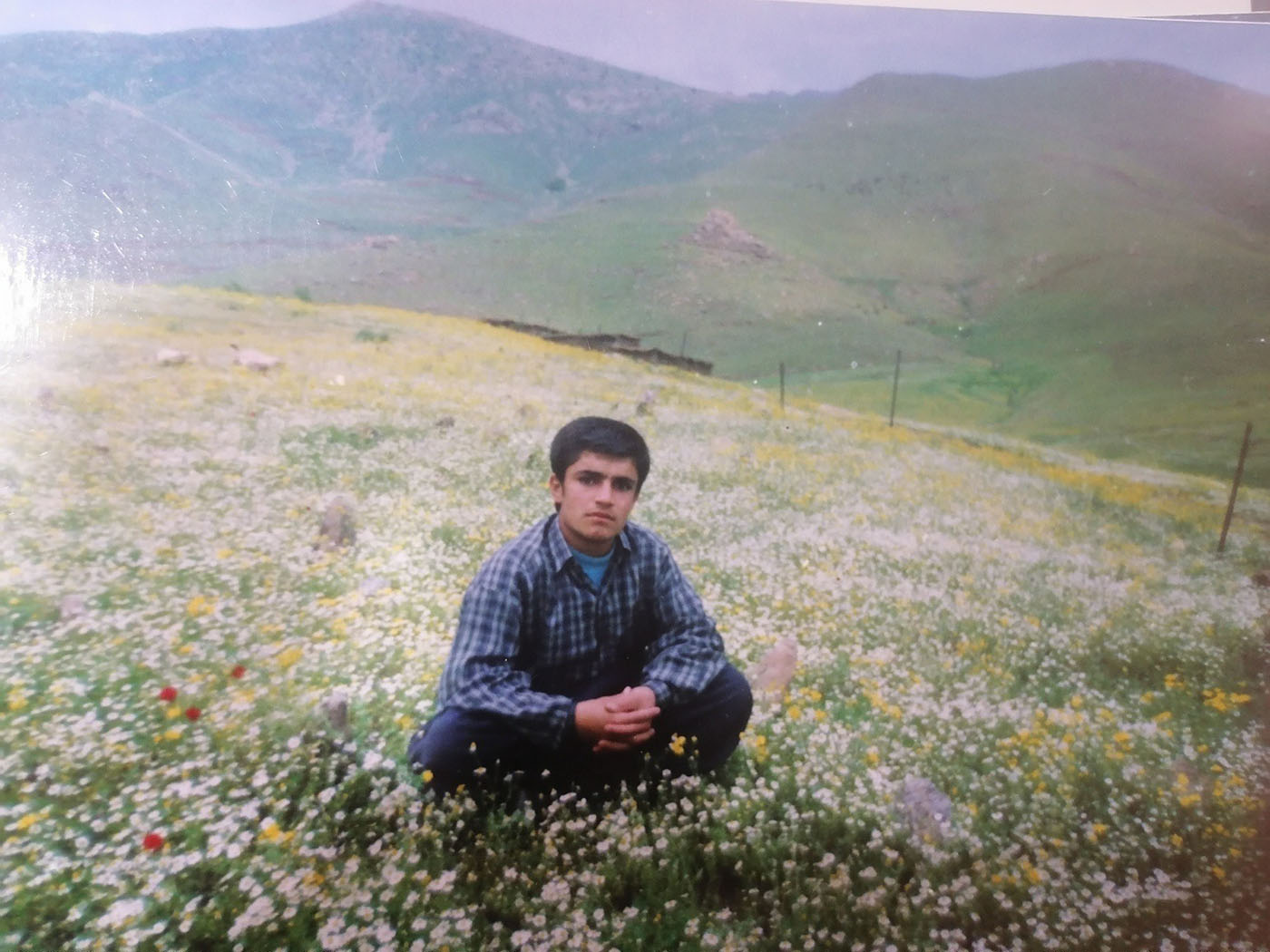
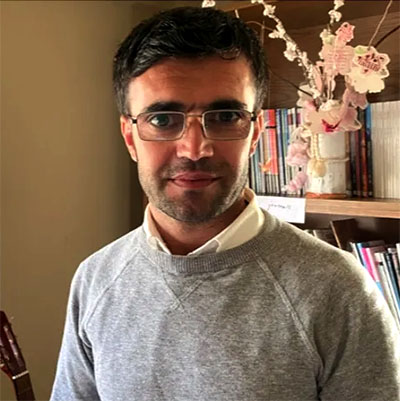
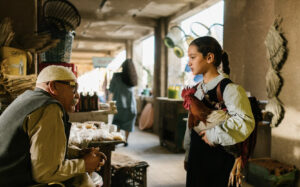
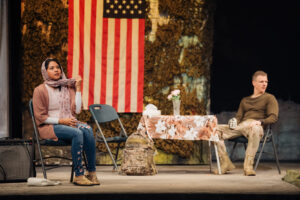

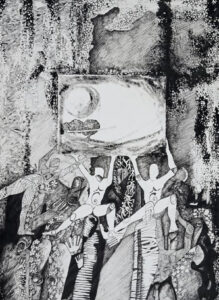


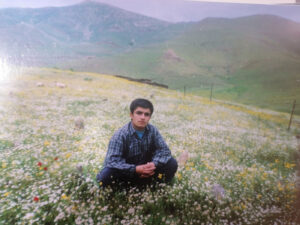
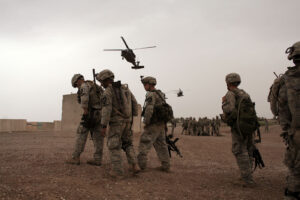








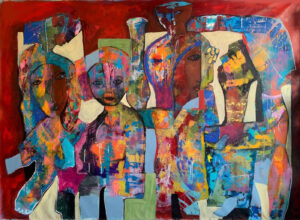



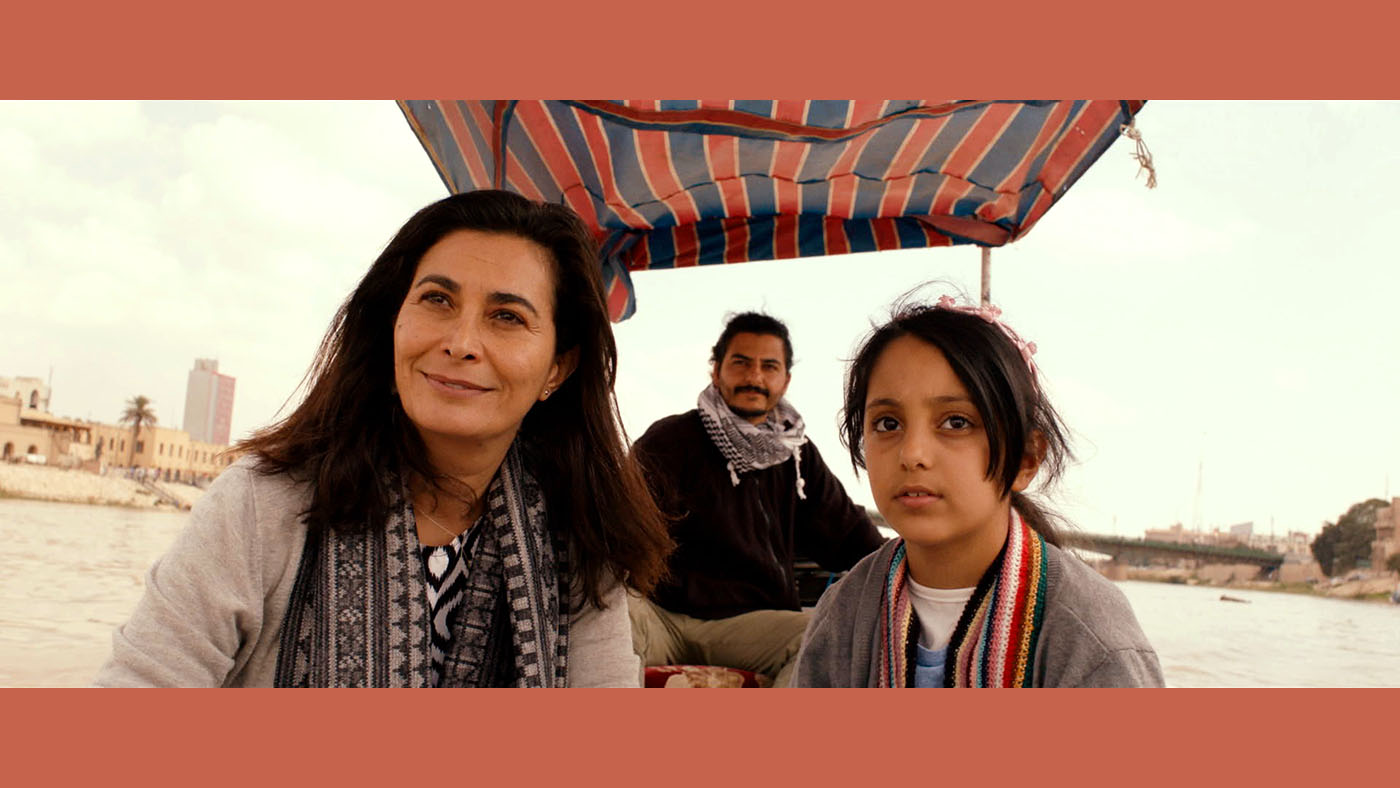




This story touched me greatly and stirred up a few childhood memories of my own, in regards to my own disappointing shoe experiences.
Thank you, Gun for reading my story. I am glad you enjoyed it but sorry to hear that you went through the same difficulties as mine.